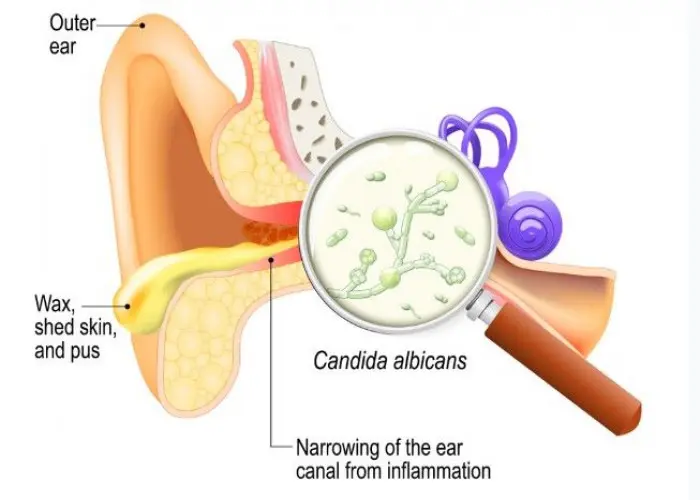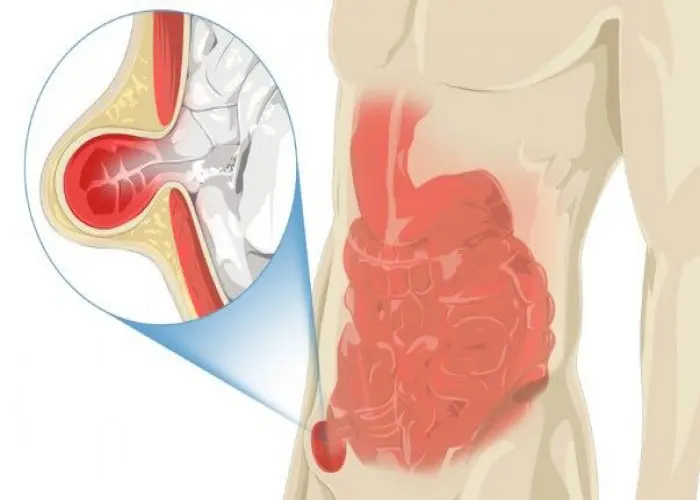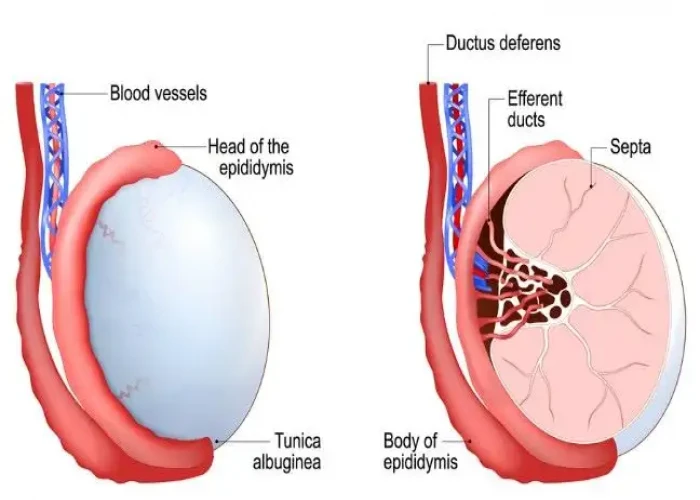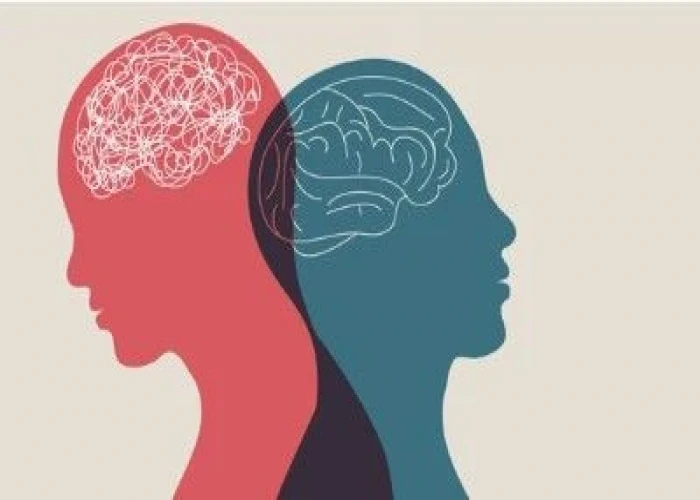 Welcome
Welcome
“May all be happy, may all be healed, may all be at peace and may no one ever suffer."
Amyloidosis

Amyloidosis is a rare and serious disease that occurs when abnormal protein deposits called amyloid build up in various tissues and organs in the body. This can cause a wide range of symptoms and can lead to organ failure and death if not treated promptly.
There are several different types of amyloidosis, each of which affects different parts of the body. Symptoms of amyloidosis can include fatigue, weight loss, weakness, and difficulty breathing, among others. The specific symptoms a person experiences will depend on which tissues and organs are affected.
Diagnosis of amyloidosis typically involves a physical examination, a review of the person's medical history, and a variety of tests, including blood tests, imaging studies, and biopsy. A biopsy involves taking a sample of tissue from the affected area for examination under a microscope.
Treatment for amyloidosis can vary depending on the type of the disease but may include medications to slow the progression of the disease and support the affected organs, as well as supportive care to manage symptoms and maintain quality of life. In some cases, a bone marrow transplant may be recommended.
If you or a loved one has been diagnosed with amyloidosis, it's important to work closely with a healthcare provider to determine the best course of treatment. With prompt and appropriate care, many people with this condition are able to manage their symptoms and achieve a good quality of life.
Research Papers
Disease Signs and Symptoms
- Swollen arms or hands
- Irregular heartbeats (arrhythmia)
- Skin changes, such as thickening or easy bruising, and purplish patches around the eyes
- An enlarged tongue, which sometimes looks rippled around its edge
- Weight loss
- Constipation
- Diarrhea
- Hands numbness
- Numbness
- Shortness of breath (dyspnea)
- Fatigue (Tiredness)
- Weakness
- Difficulty swallowing (dysphagia)
Disease Causes
Amyloidosis
There are many different types of amyloidosis. Some varieties are hereditary. Others are caused by outside factors, such as inflammatory diseases or long-term dialysis. Many types affect multiple organs, while others affect only one part of the body.
Subtypes of amyloidosis include:
- AL amyloidosis (immunoglobulin light chain amyloidosis). The most common type of amyloidosis in developed countries, AL amyloidosis is also called primary amyloidosis. It usually affects the heart, kidneys, liver and nerves.
- AA amyloidosis. Also known as secondary amyloidosis, this variety is usually triggered by an inflammatory disease, such as rheumatoid arthritis. Improved treatments for severe inflammatory conditions have resulted in a sharp decline in the number of cases of AA amyloidosis in developed countries. It most commonly affects the kidneys, liver and spleen.
- Hereditary amyloidosis (familial amyloidosis). This inherited disorder often affects the nerves, heart and kidneys. It most commonly happens when a protein made by your liver is abnormal. This protein is called transthyretin (TTR).
- Wild-type amyloidosis. This variety of amyloidosis occurs when the TTR protein made by the liver is normal but produces amyloid for unknown reasons. Formerly known as senile systemic amyloidosis, wild-type amyloidosis tends to affect men over age 70 and typically targets the heart. It can also cause carpal tunnel syndrome.
- Localized amyloidosis. This type of amyloidosis often has a better prognosis than the varieties that affect multiple organ systems. Typical sites for localized amyloidosis include the bladder, skin, throat or lungs. Correct diagnosis is important so that treatments that affect the entire body can be avoided.
Disease Prevents
Disease Treatments
There's no cure for amyloidosis. But treatment can help manage signs and symptoms and limit further production of amyloid protein. If the amyloidosis has been triggered by another condition, such as rheumatoid arthritis or tuberculosis, treating the underlying condition can be helpful.
Medications
- Chemotherapy. Many of the same types of medicines used to treat some forms of cancer are used in AL amyloidosis to stop the growth of abnormal cells that produce the protein leading to formation of amyloid.
- Heart medications. If your heart is affected, your doctor may suggest blood thinners to reduce the risk of clots and medications to control your heart rate. You may also need to restrict your salt intake and take drugs that increase urination, which can reduce the strain on your heart and kidneys.
- Targeted therapies. For certain types of amyloidosis, drugs such as patisiran (Onpattro) and inotersen (Tegsedi) can interfere with the commands sent by faulty genes that create amyloid. Other drugs, such as tafamidis (Vyndamax, Vyndaqel) and diflunisal, can stabilize bits of protein in the bloodstream and prevent them from getting transformed into amyloid deposits.
Surgical and other procedures
- Autologous blood stem cell transplant. This procedure involves collecting your own stem cells from your blood through a vein and storing them for a short time while you have high-dose chemotherapy. The stem cells are then returned to your body via a vein. This treatment is most appropriate for people whose disease isn't advanced and whose heart isn't greatly affected.
- Dialysis. If your kidneys have been damaged by amyloidosis, you may need to start dialysis. This procedure uses a machine to filter wastes, salts and fluid from your blood on a regular schedule.
- Organ transplant. Your doctor might suggest surgery to replace your heart or kidneys if amyloid deposits have severely damaged those organs. Some types of amyloid are formed in the liver, so a liver transplant could halt that production.
Disease Diagnoses
Disease Allopathic Generics
Disease Ayurvedic Generics
Disease Homeopathic Generics
Disease yoga
Amyloidosis and Learn More about Diseases

Swimmer's ear

Inguinal hernia

Central nervous system vascular malformations

Spermatocele

Adrenal cancer

Pouchitis

Personality disorders

Osteochondritis dissecans
Amyloidosis, Amyloid, Lichen amyloidosis, অ্যামাইলয়েডোসিস
To be happy, beautiful, healthy, wealthy, hale and long-lived stay with DM3S.
